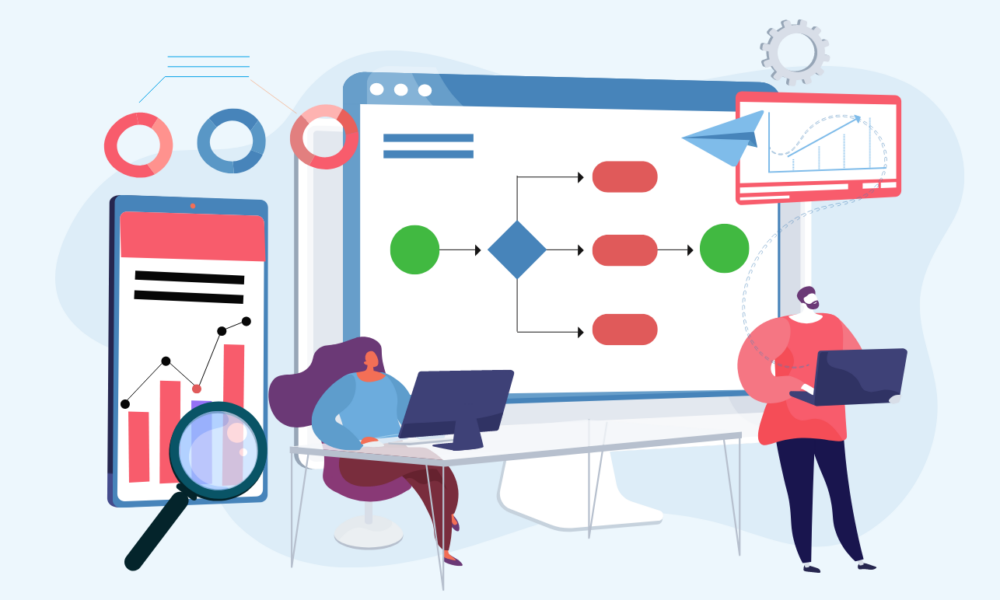To meet the regulatory deadlines and make health care data interoperable, healthcare actors need technology partners that can create effective solutions that aggregate, transform and transmit large streams of health data.
The best solutions should deliver foundational, structural, semantic, and organizational interoperability, and incorporate the following.
Healthcare Analytics
Healthcare actors must invest in data integration and healthcare analytics tools to improve quality of care by handling and making sense of all health data in a providers’ EMRs, EHRs, internal hospital systems, IoT and other sources. Applying analytics in real-time and at scale to healthcare data improves the quality of care by enabling providers to:
- Make faster and more accurate diagnoses
- Identify high-risk patients
- Optimize clinical trials
- Better resource utilization
AI & ML Capabilities
Leveraging AI & ML capabilities is a great way to resolve some of the challenges of deriving information from low-quality data in health IT systems. With ML at its core, AI models and systems can intelligently sift through:
- Health records
- Patient forms
- Clinical notes
- Other health data
This helps address the interoperability challenges related to handling the increased data volume. AI systems can also give providers intelligent real-time insights, regardless of where the data comes from.
Advantages of a Google Platform
Healthcare providers need recent and comprehensive clinical data in advance to make the right care decisions for patients. Google Cloud Platform is a great option and can perform a variety of functions, including:
- Providing a robust and scalable infrastructure to ingest healthcare data formats and transform, harmonize and store data in the latest HL7 FHIR®, HL7v2® and DICOM formats
- Leveraging machine learning and analytics in the cloud to derive intelligent insights from the data
- Helping to liberate data from siloed outcomes, giving healthcare providers a complete view of patients’ conditions to improve care outcomes
Closing Thoughts
Healthcare interoperability will continue to grow as new technological advancements are booming day by day in the healthcare sector. To achieve true interoperability, healthcare organizations and IT leaders should make use of advanced applications to communicate and exchange patient health data efficiently and securely.






